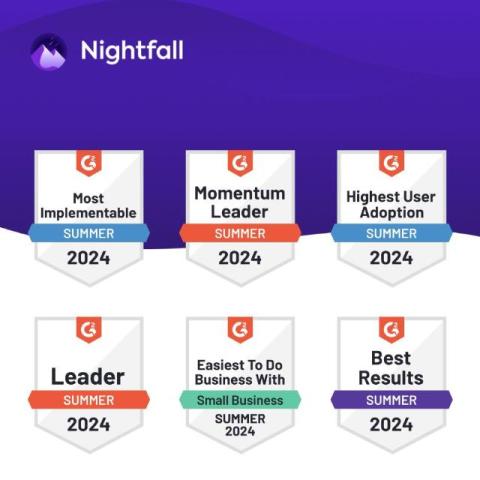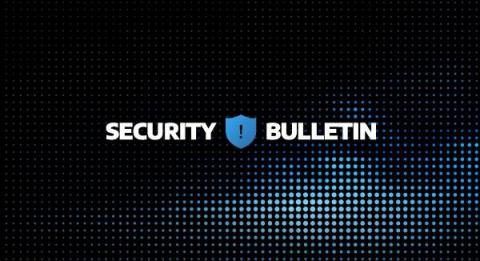Nightfall Named A Leader in Data Loss Prevention (DLP) by G2
Nightfall has been named a Leader in Data Loss Prevention (DLP), Sensitive Data Discovery, Data Security, and Cloud Data Security in G2’s Summer ‘24 reports. We’d like to extend a huge thank you to all of Nightfall’s customers and supporters for making this possible. We’re also happy to acknowledge the Nightfall team’s tireless innovation, all in pursuit of helping customers to protect their sensitive data across the sprawling enterprise attack surface.










